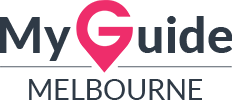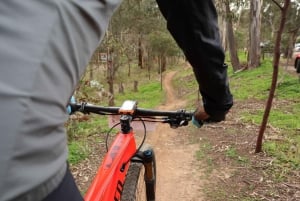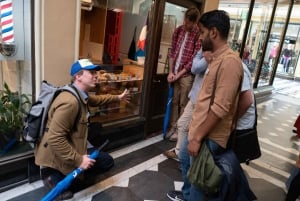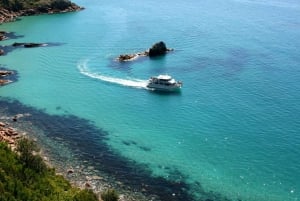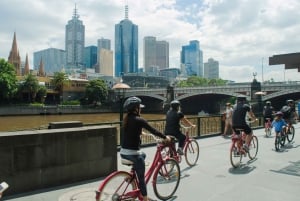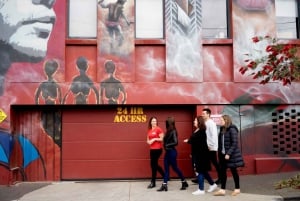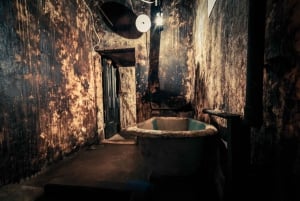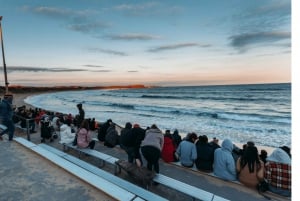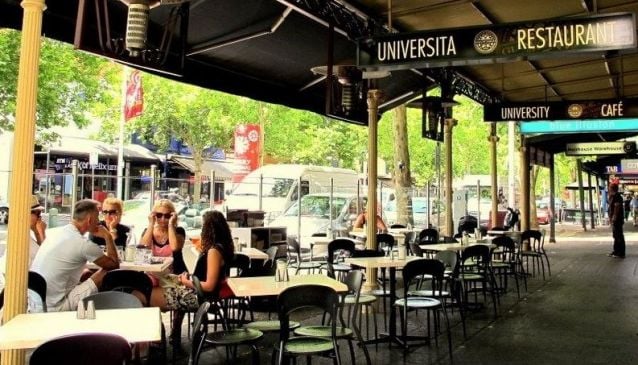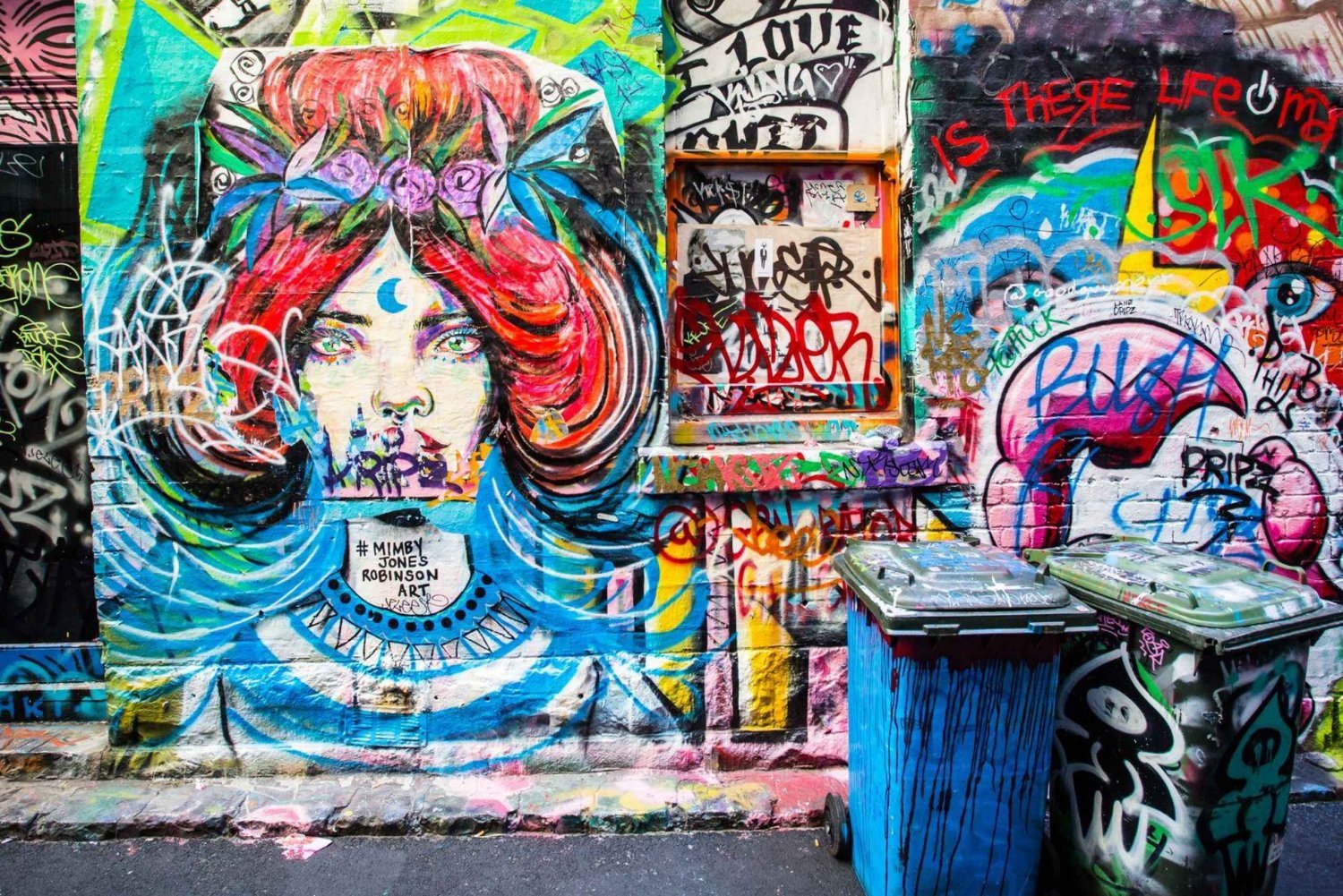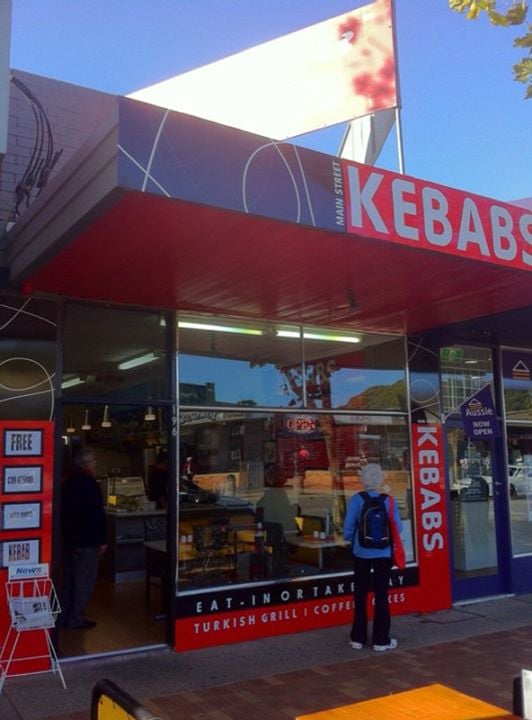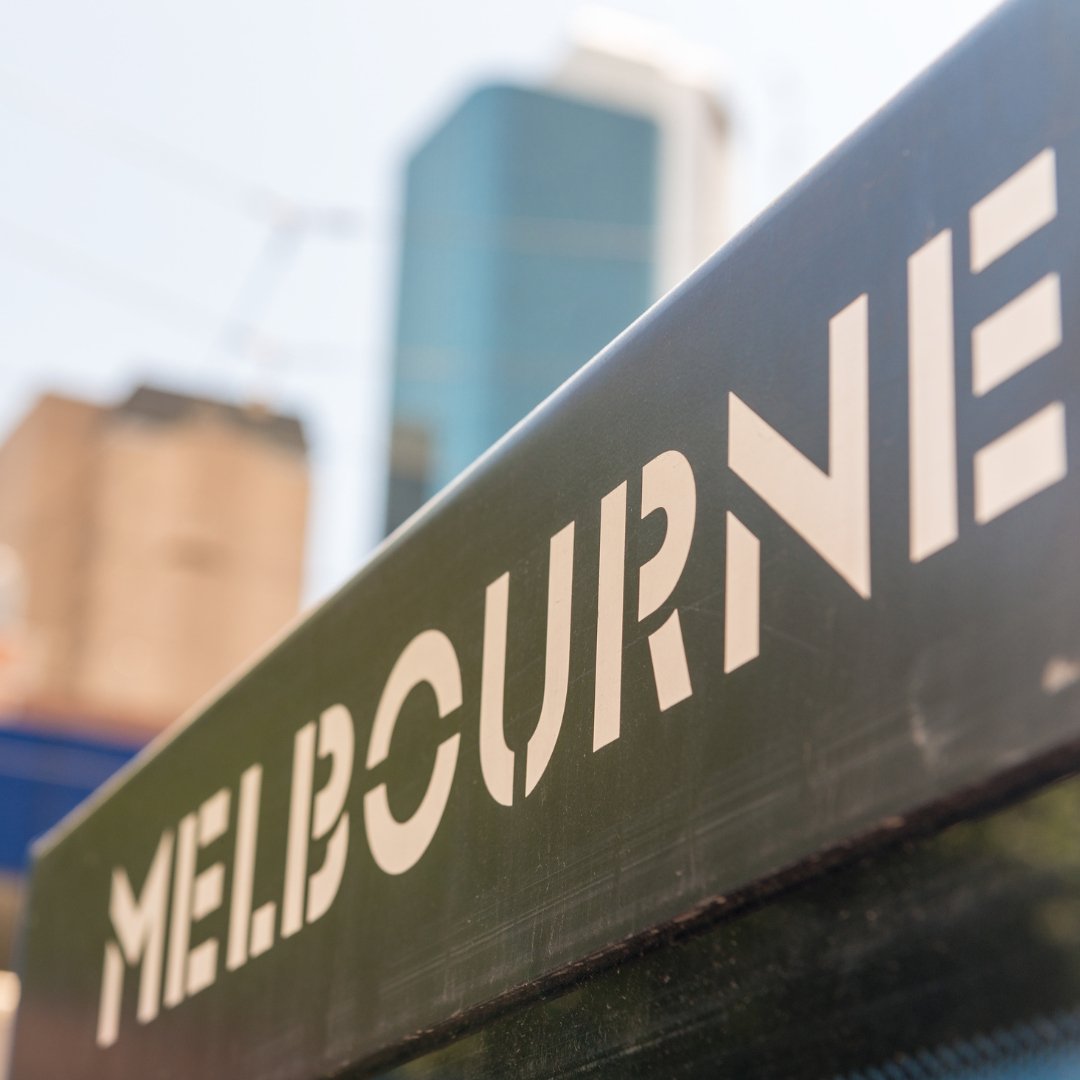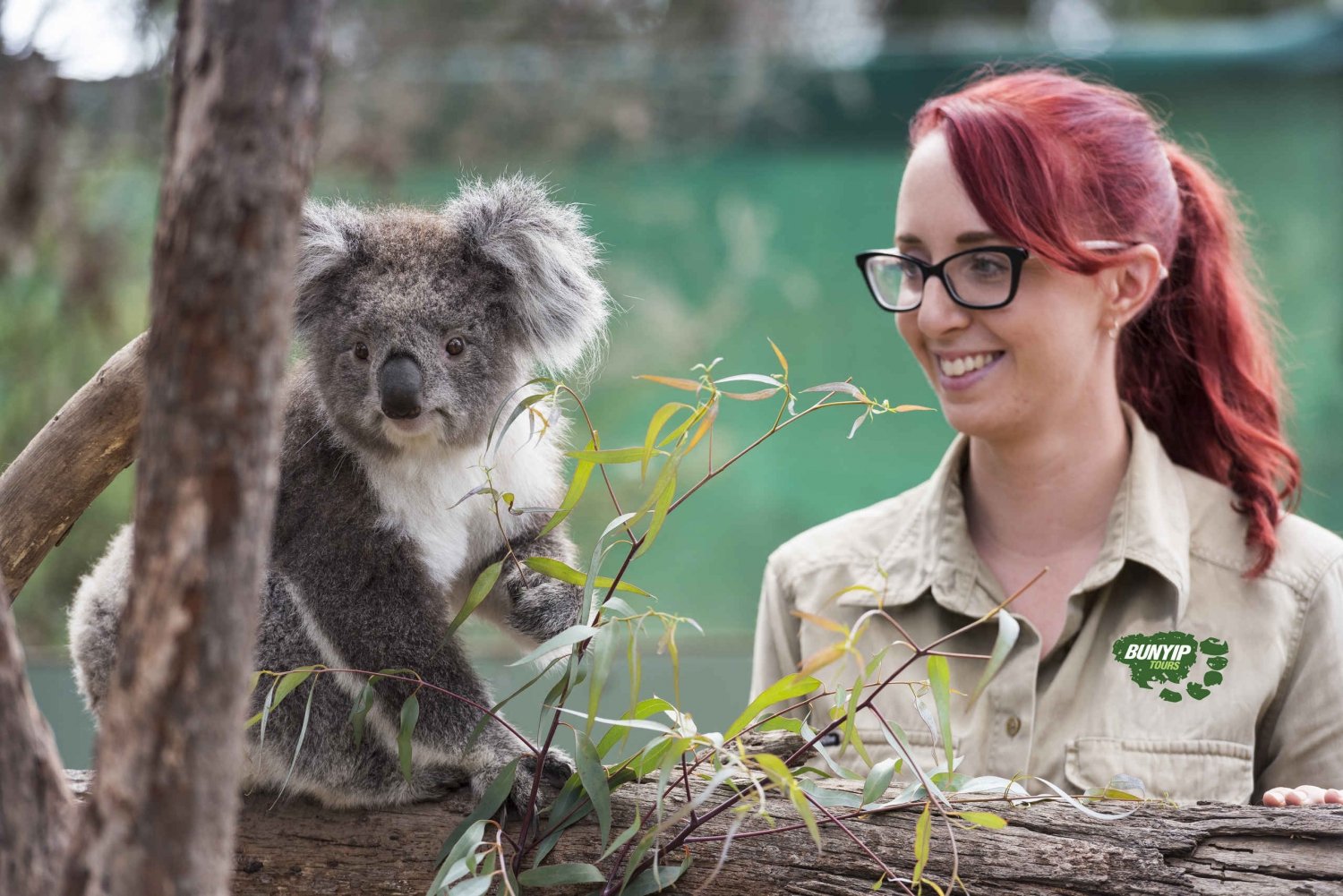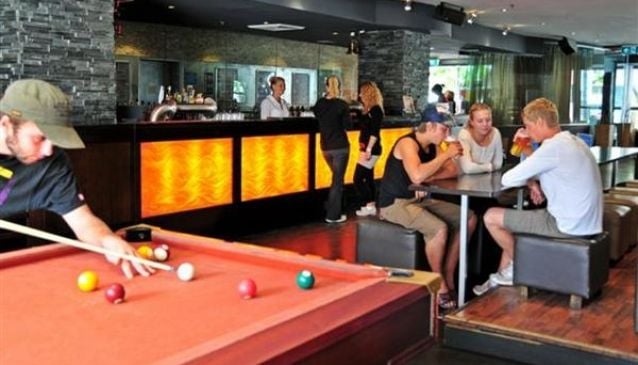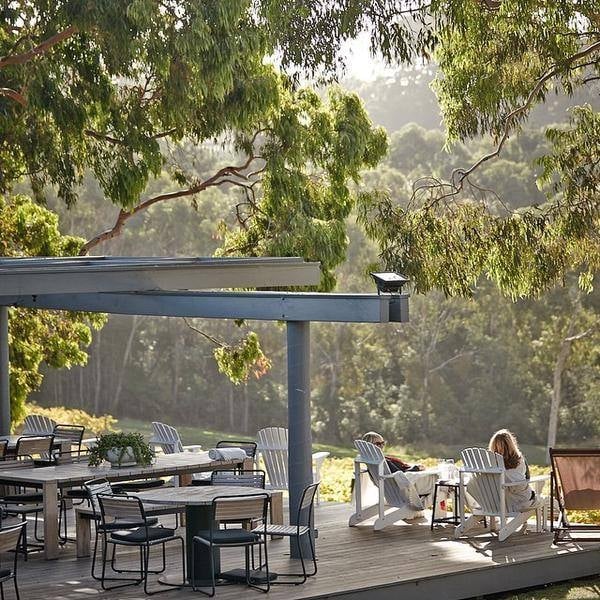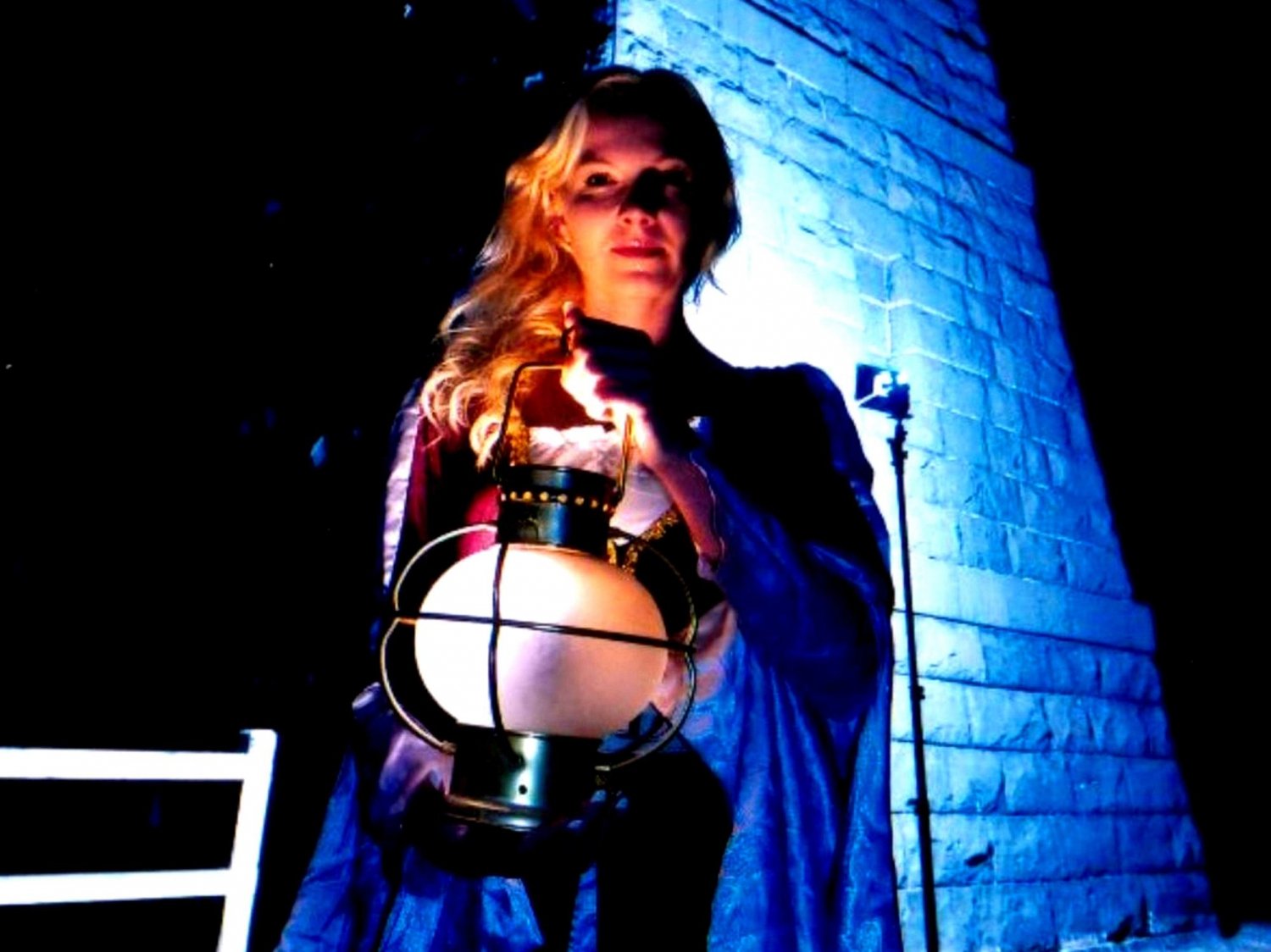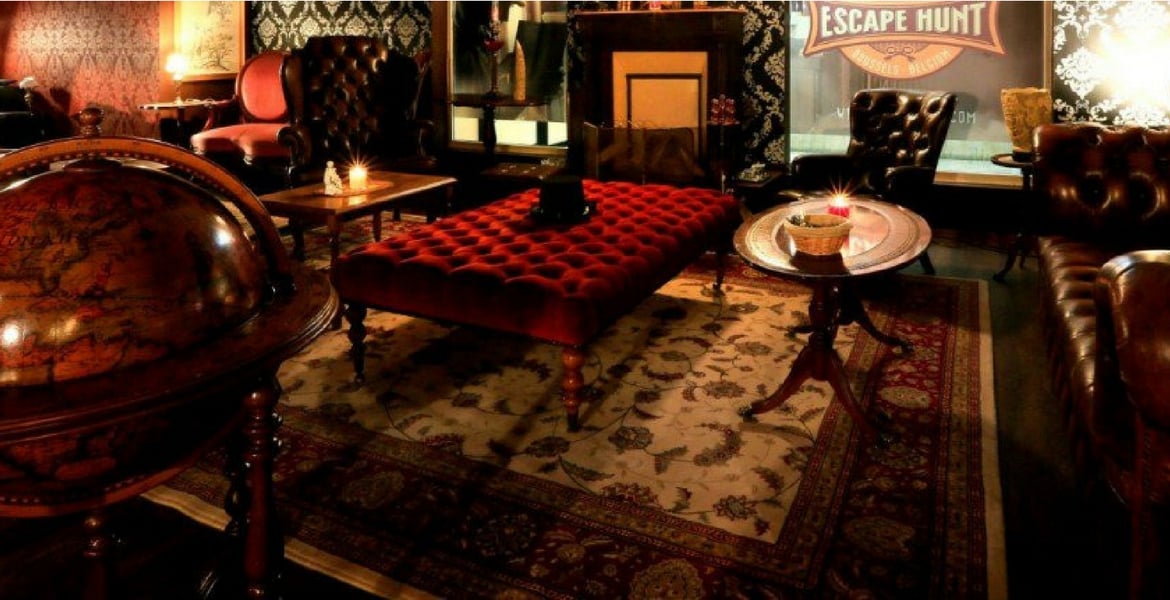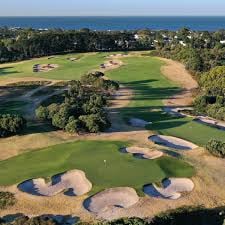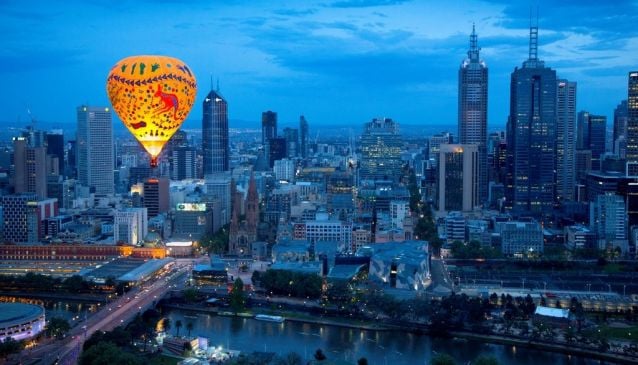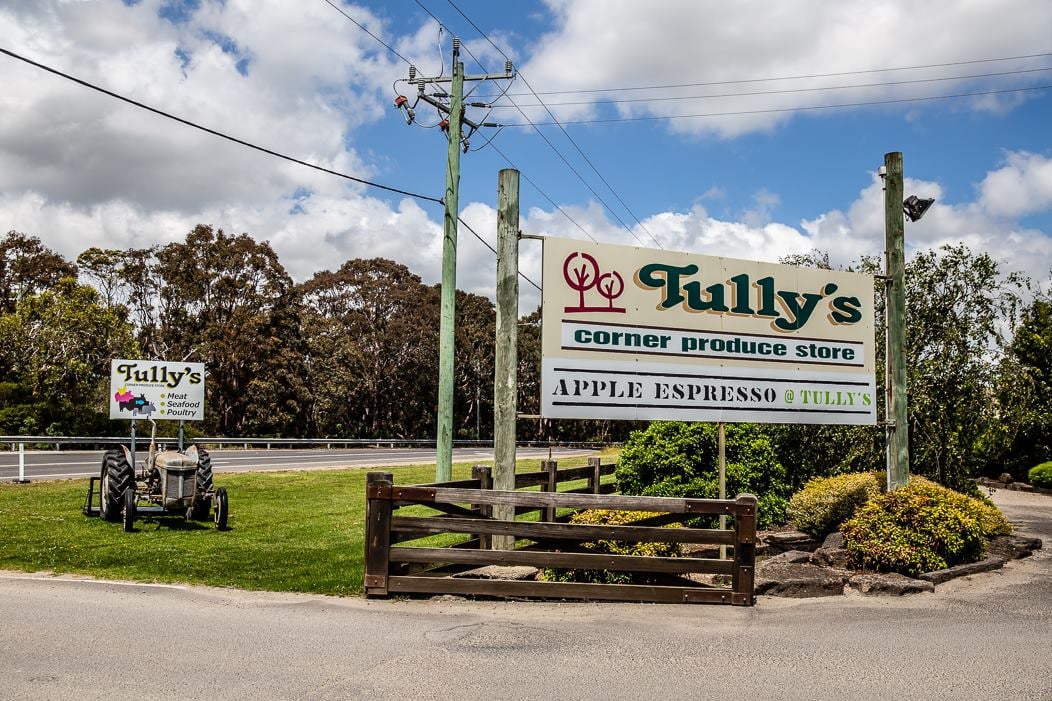Practical Travel Information for Melbourne and Victoria
|
Population Estimate (Australia) August 2021 Population Victoria EST (Melbourne) |
25,824,630 5,061,439 |
| Established | 1770 |
| Australian Currency | AUD$ (Australian Dollar) |
| Demonym | Australian, Aussie |
| Capital | Canberra (ACT) |
| Largest city 2021 | Sydney 4,778,044 Melbourne 4,749,274 |
The Australian Government Information site LINK or The Victorian Government Information Site LINK
The official language of Australia is English. Australians also use slang to communicate with terms such as 'G'day' for hello and 'snags' for sausages. Most Australians will be more than happy to sit and talk about the use of slang words, so never be worried you will offend someone by asking what a word means!
The Australian dollar, ($AUD) which divides into 100 cents, is the national currency.
Currency is issued in bank note and coin denominations.
Note denomination: $100, $50, $20, $10 and $5 â each denomination is a different color.
:$100 - green, $50 - yellow, $20- red, $10 â blue and $5 - mauve
Coin denomination: $2, $1, - gold in color. The 5, 10, 20 and 50 cent coins are silver in color.
For more information on Australian currency see Reserve Bank Of Australia RBA are an independent from the Government and set the cash rate, which the banks then follow.
The general banking hours are 9:30 am â 4:00 pm Monday to Thursday and 9:30 am â 5:00 pm Fridays. Some banks are open on Saturdays but best to check with the branch online.
Changing foreign currency or traveller's cheques is usually no problem at banks throughout Australia or at licensed moneychangers such as Travelex or Amex in cities and major towns.
Brands like American Express and Travelex are widely accepted in Victoria and can be cashed at banks, foreign exchange brokers, larger hotels and restaurants, and for car rental. Passport ID is required when you cash travelers cheques. Fees for changing travelers' cheques vary from bank to bank.
Major credit cards â Visa, MasterCard, American Express, Bankcard, Diners Club and their affiliates â are widely accepted throughout Victoria. Some retailers in larger centres will also accept JCB cards. Automated Teller Machines (ATMs) with around-the-clock access are available in convenient locations like banks, along main shopping streets and in malls.
Want to know how long it takes to get from A to B? Check out below for the distances!
| FROM | TO | ROAD DISTANCE Km |
ROAD DISTANCE Miles |
AIR Hrs |
COACH Hrs |
RAIL Hrs |
SEA Hrs |
|---|---|---|---|---|---|---|---|
| Melbourne | Adelaide | 731 | 454 | 1.05 | 10 | 12 | n/a |
| Melbourne | Brisbane | 1674 | 1039 | 2.10 | 25 | 25 | n/a |
| Melbourne | Hobart | n/a | n/a | 1.10 | n/a | n/a | n/a |
| Melbourne | Devonport | n/a | n/a | 1.15 | n/a | n/a | 14 |
| Melbourne | Perth | 3434 | 2132 | 4 | 44 | 50 | n/a |
| Melbourne | Sydney | 872 | 542 | 1.10 | 14 | 10 | n/a |
If youâre entering Australia within six days of having stayed overnight or longer in a yellow feverâinfected country, youâll need proof of yellow fever vaccination. For more information about vaccinations and current heath information, check out World Health Organization: Australia or Centers for Disease Control & Prevention.
Tipping is not the custom in Australia and is even considered by some to be an abhorrent practice. In restaurants and other services, wages are at a fair level, unlike the minimum wages paid in other parts of the world, where it is not uncommon for someone to earn $3 per hour and where they will need tips to make up their wages for the day.
Tipping is often practiced however when in a fine dining restaurant or when service is exceptional and the suggested tip would be 10% in these cases.
It is even less common to tip at hotels, using taxis or any other services. Again, if you feel a tip is appropriate perhaps because someone has helped with luggage or gone to extra lengths to help, 10% of the fee, or $2 per suitcase can be welcome.
Some shops open around 9am for business, but many are not open until 10am and if this is their opening hour, they remain open until 6pm, Monday to Saturday. On Friday, the CBD shops and many shopping centres, remain open until 9pm.
Sunday shops sometimes close around 4:00pm. Shops are open in the CBD and shopping centres on Sundays, but independent shops or shopping strips in the suburbs are generally closed.
At Christmas, shopping centres extend their hours and have more frequent late nights.
|
Easter |
Shops and banks are closed on Good Friday and most are closed Easter Sunday. Banks remain closed until Tuesday. |
|
Anzac Day |
The legal restriction is for shops to be closed between 12 noon and 1pm so some open for most of the day. However, many shopping centres opt to open at 1pm and remain open until 6pm. |
|
Christmas |
Shops and banks are closed on Christmas day. |
There are five post office branches in the CBD.
-
Melbourne GPO, 25 Elizabeth Street (Open Monday to Friday 8:30am â 5:30pm; Saturday 9am â 5pm)
-
Flinders Lane 246 Flinders Lane Melbourne Vic (Open Monday to Friday 9am â 5pm)
-
QV Shop 49 Level 1 210 Lonsdale Street
-
Queen & Victoria Street (Open Monday to Friday 9am â 5pm)
-
Collins Street Ground Level 440 Collins Street (Open Monday to Friday 9am â 5pm)
-
Bourke Street Ground Floor 111 Bourke Street (Open Monday to Friday 9am â 5pm)
Suburban Post Offices vary in opening hours. Some open at 8:30am while others open at 9am. Some are open Saturday while many remain closed all weekend.
All are closed Sunday
Services include:
Travel money services â
-
American Express Travellers Cheques
-
Foreign Currency
-
Cash Passport
-
American Express GobalTravel Card
Money transfer services â western Union Money Transfer, Money Order
For more detail and specific Post Office times and services:
Melbourneâs water is safe to drink straight from the tap. Bottled water is also widely available. Priced from $2.50 to $10
Many cafes, bars and restaurants offer internet connection and more are including this service every week. There are also public places that are hotspots offering free internet through Wi-Fi.
These are some of the public Wi-Fi hotspots:
-
Federation Square
-
Food Court Collins Street
-
State Library
-
Queen Victoria Market
-
Melbourne Museum, Carlton
In addition, coin-operated computer stations can be found around the city, where you can use your own POP email account to send or receive email.
Electricity
As with Australia in general, Victoria uses 220-240 volts AC. To use plugs from other countries, you will need a power converter. These can be purchased in the country of origin but are also available in shops in Melbourne. An adapter will give you access to the three-pin plug and socket system used in Australia.

Public phones will accept either coins or phone cards. These can be purchased with a stored value from newsagents or anywhere that shows a Telstra sign. They come in denominations of $2, $5, $10, $20 and $50
Local calls cost 50c. However if it is a mobile call you will pay based on the time you spend talking.
Mobile phones can be rented or to purchase a phone and SIM card pack can be as under $100 and will include some credit for you to start calling.
For long distance the cost varies from country to country and depending on the time the call is made. To call out of Australia, you will first need to dial 011, then the country code and the number you are calling.
-
61 is the Australian International Country Code
Local State Codes:
-
Canberra â 02, Sydney â 02, Hobart - 03, Melbourne â 03, Brisbane â 07, Adelaide - 08, Darwin - 08, Perth â 08
Useful numbers to know:
-
Emergency services, ambulance, fire, police: (000) NOT 911 or 999
-
Directory Inquiries: 013
-
International Directory Inquiries: 1225
Shops in established shopping centres have fixed prices. They may discount, but bargaining is not practiced in these shops. However, it may be possible to bargain if you are shopping at a market. The Queen Victoria market is a place where some shop owners will accept bargaining. If they say that the price is fixed, this means that they are not interested in cutting prices.
As Melbourne is a fashion capital, people often dress in smart casual clothes in the city. Many workers are dressed for business, making the CBD a chic place to watch people and enjoy the parade of latest fashion.
However, visitors will find that they can relax in a casual style even when dining. Fine dining, the dress code would be expected to be beyond casual and to really enjoy a Spring Carnival event, high fashion is the order of the day. Melbournians are stylish and love to dress up for occasions.
Winter in Melbourne is cold, so a good jacket or an overcoat, scarf and hat are advisable.
Some nightclubs will not allow printed T shirts and insist on dress shoes.
From August through to November magpies nest and raise their young. They can be very aggressive through this time and will attack anyone they think may be a threat. This means that you can be innocently walking along a street or in a park and a magpie may swoop without warning. They have sharp beaks and can do painful damage.
If you are cycling, a helmet is a good idea and if there is a swooping magpie in the area, sometimes there will be a sign to warn you.
When driving in the countryside kangaroo are much like deer in some northern countries. They have no road sense and will appear from the side of the road, seemingly out of no where. There are signs to alert you if they are in a general area. However, it is a good idea to keep your eyes open for their sudden movement.
If a kangaroo is hit and it is a female, it will always have a joey (baby) in the pouch. It is important to alert a wildlife officer to help any injured animal and phone numbers are often displayed as you travel about the State.
Wombats, like kangaroos are more active in the early evening and a night. They can grow to the size of a large sow and will wander onto country roads. These animals along with kangaroos are very large animals to hit, so vigilance is important. CALL 13 000 94535 WILDLIFE VITORIA FOR INJURED WILDLIFE
| Standard time zone: | UTC/GMT +10 hours |
| Daylight saving time: | +1 hour |
| Current time zone offset: | UTC/GMT +11 hours |
| Time zone abbreviation: | EDT - Eastern Daylight Time |
Daylight Saving time in Victoria
- DST ends on Sunday 3 October 2021
Move your clock forward one hour at 2am (Australian Eastern Standard Time) - DST starts on Sunday 3 April 2022
Move your clock backward one hour at 3am (Australian Eastern Daylight Time)
Map of time zones in Australia LINK
